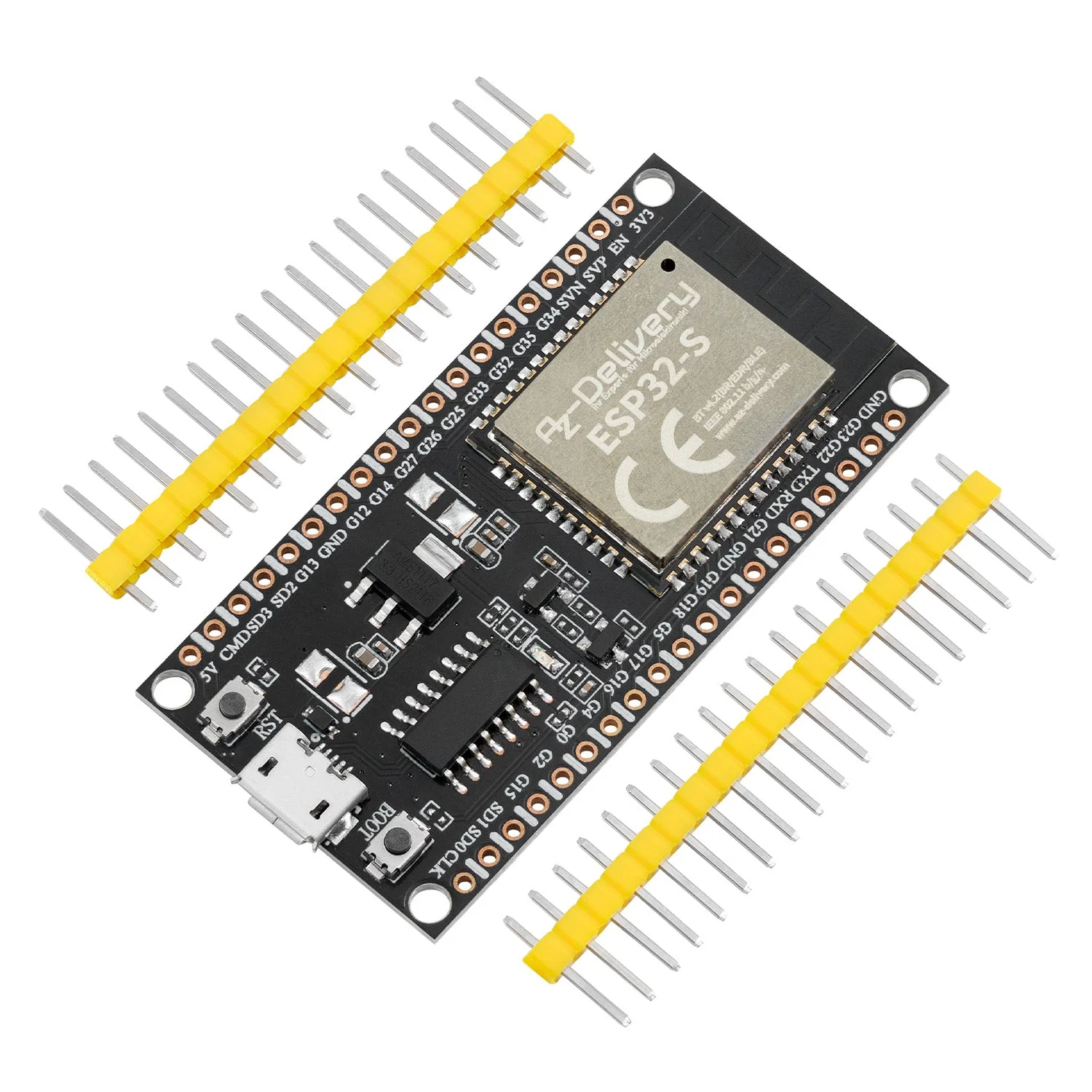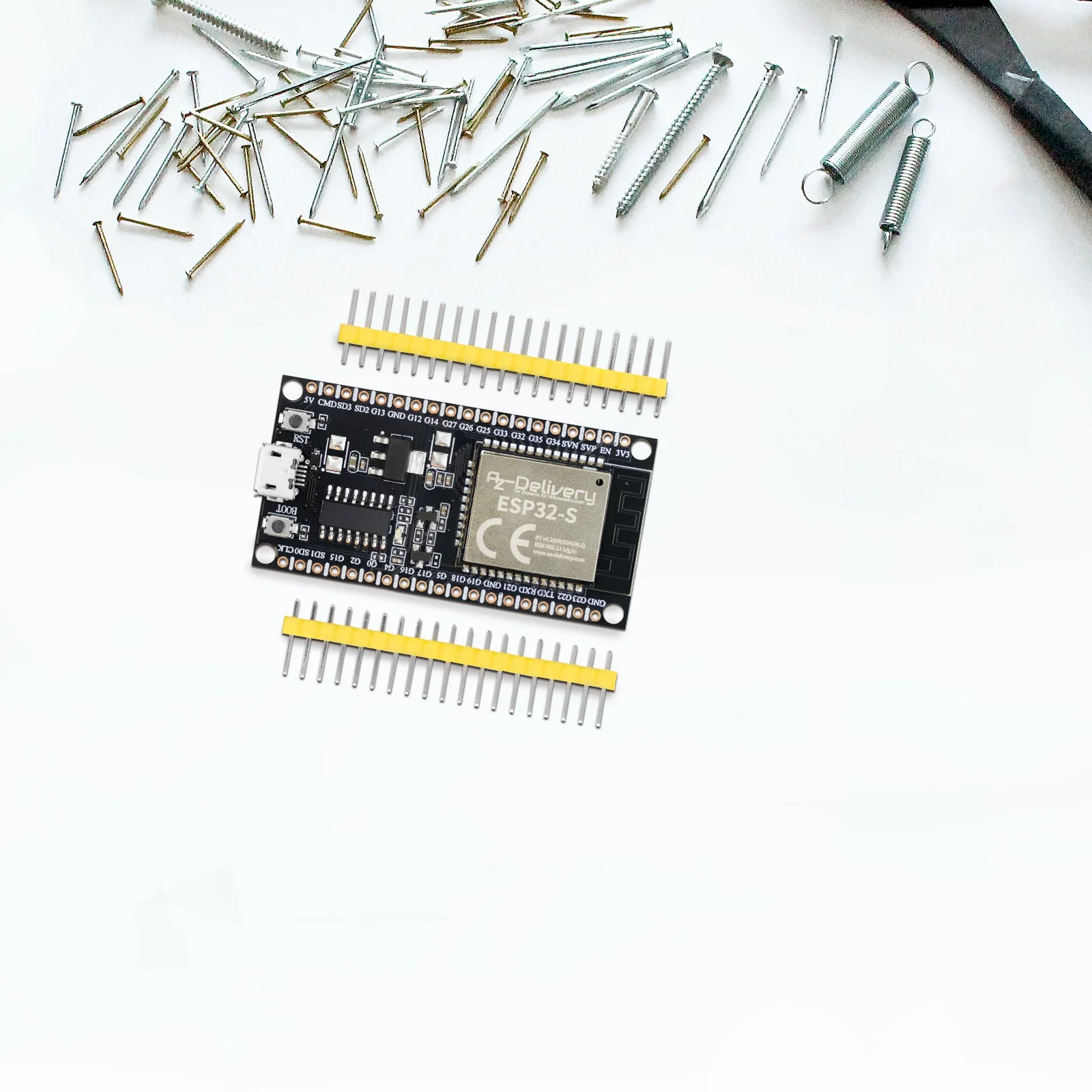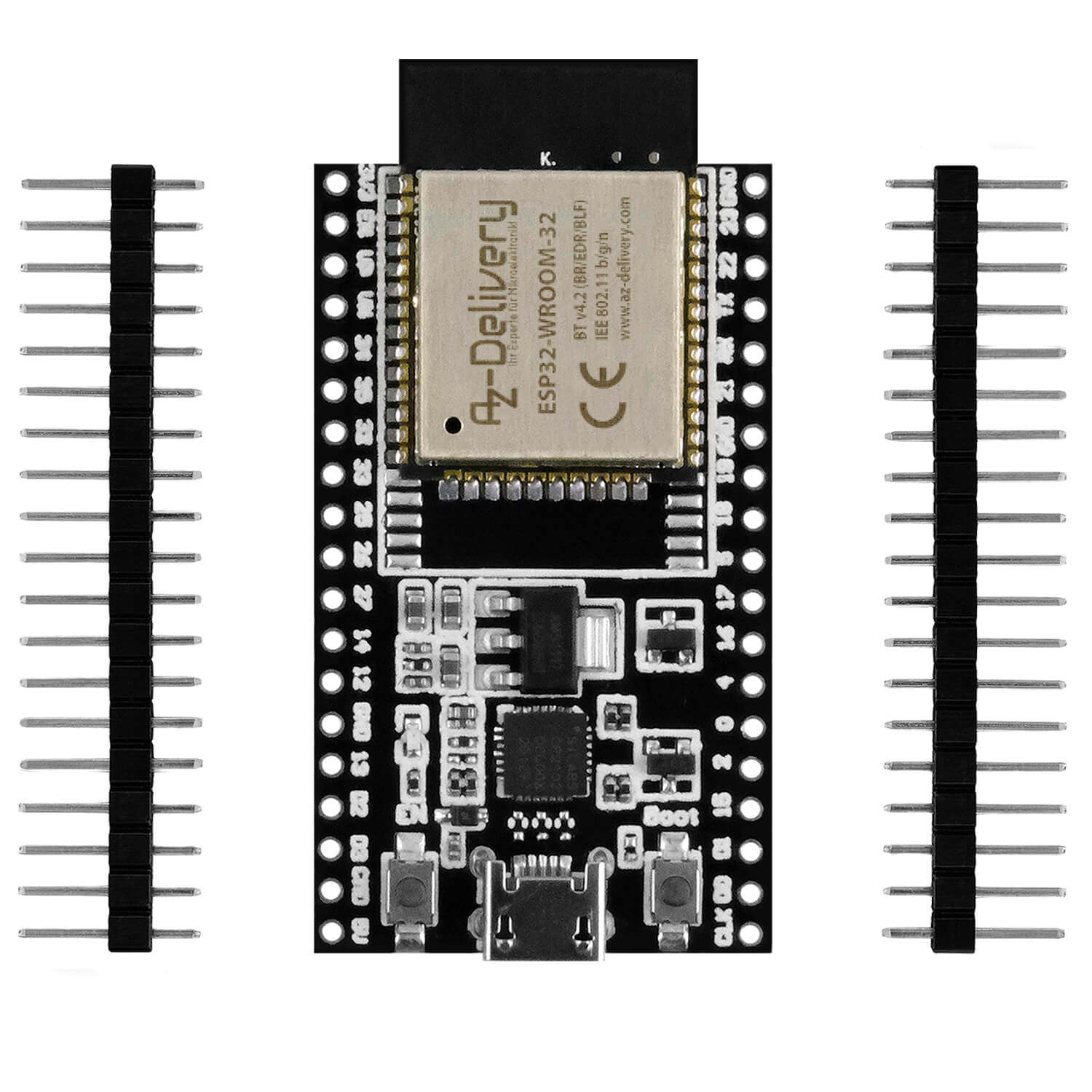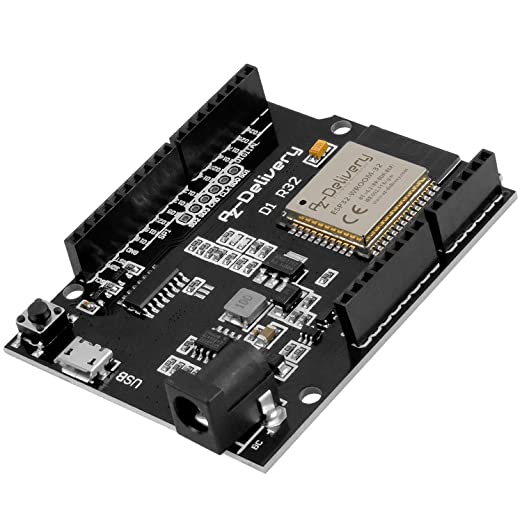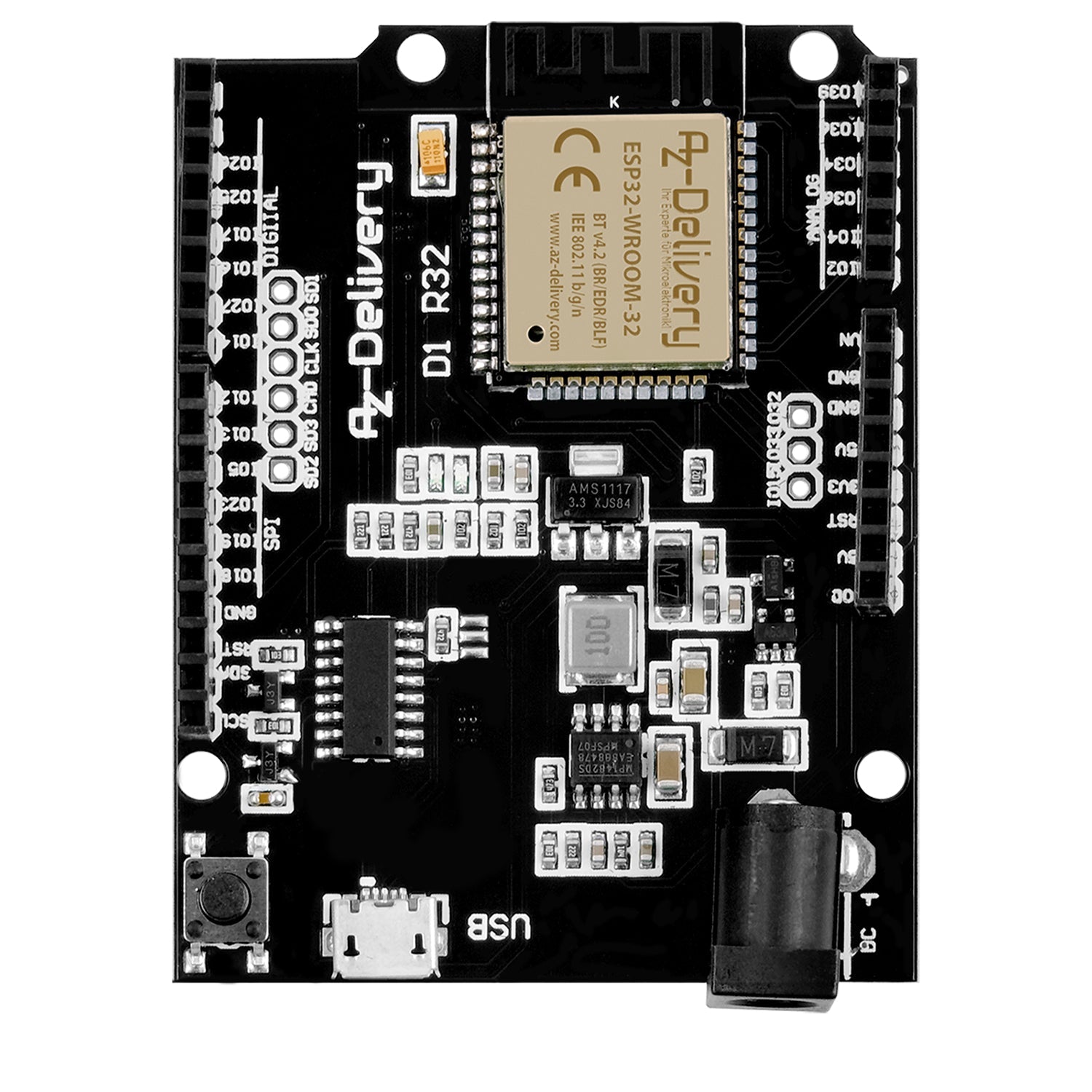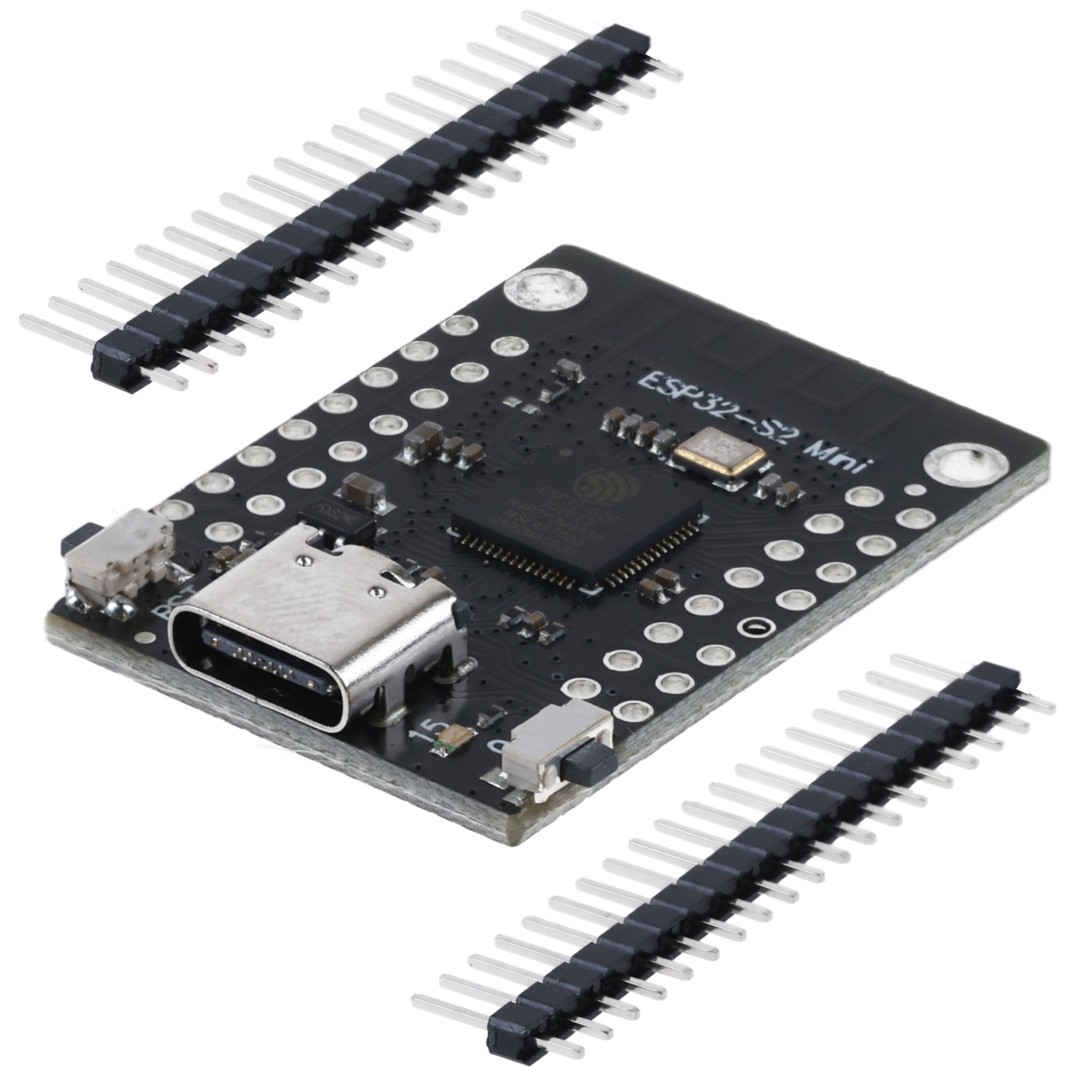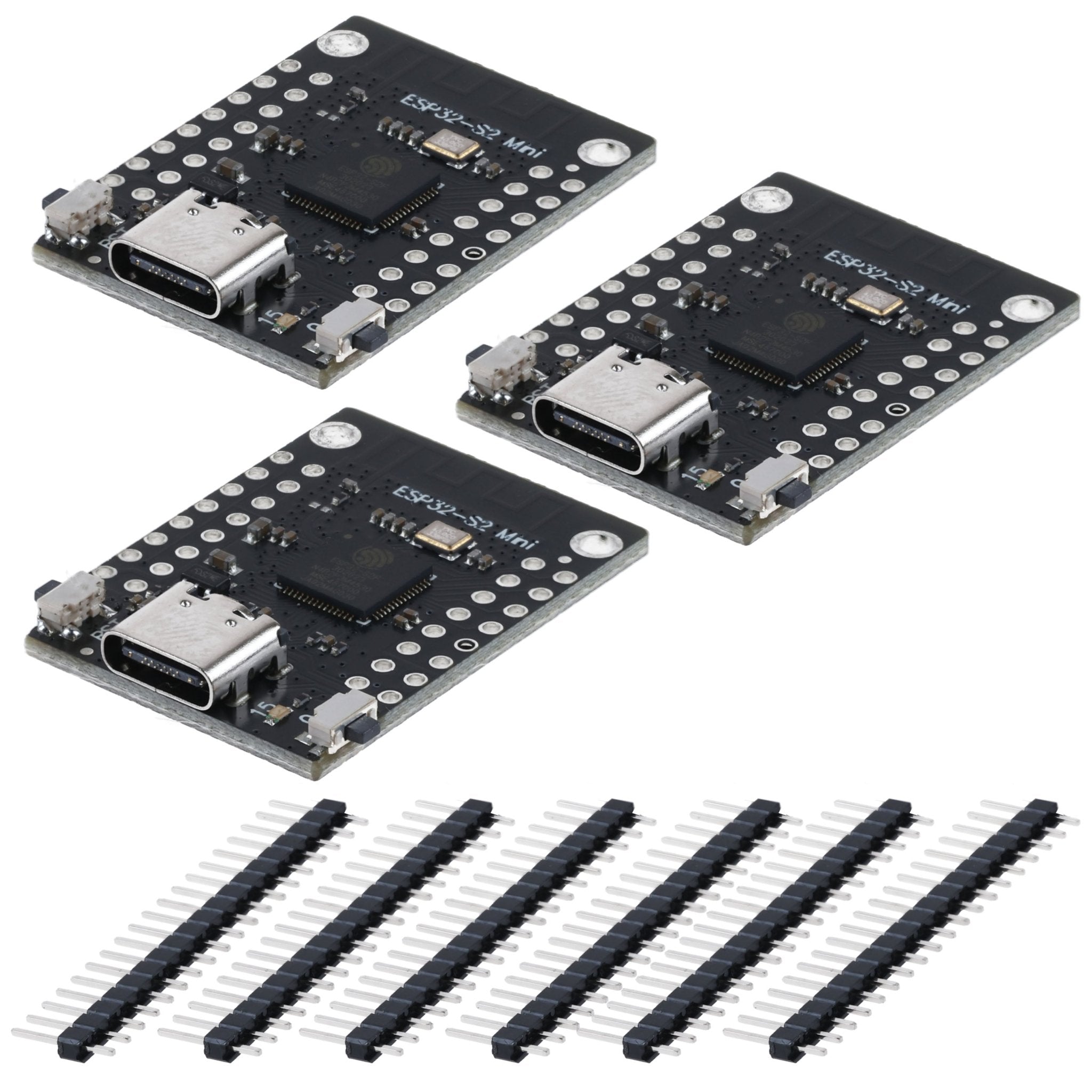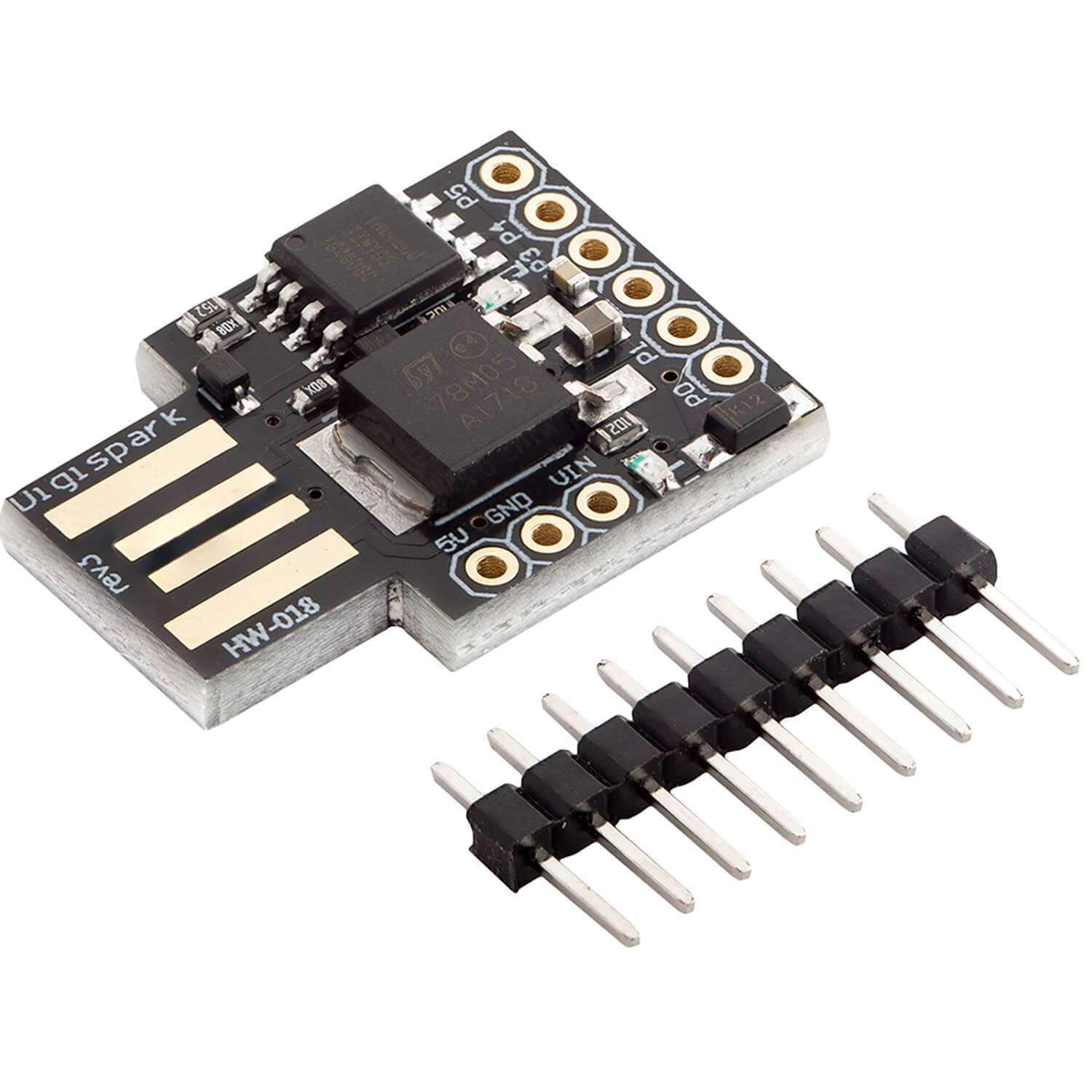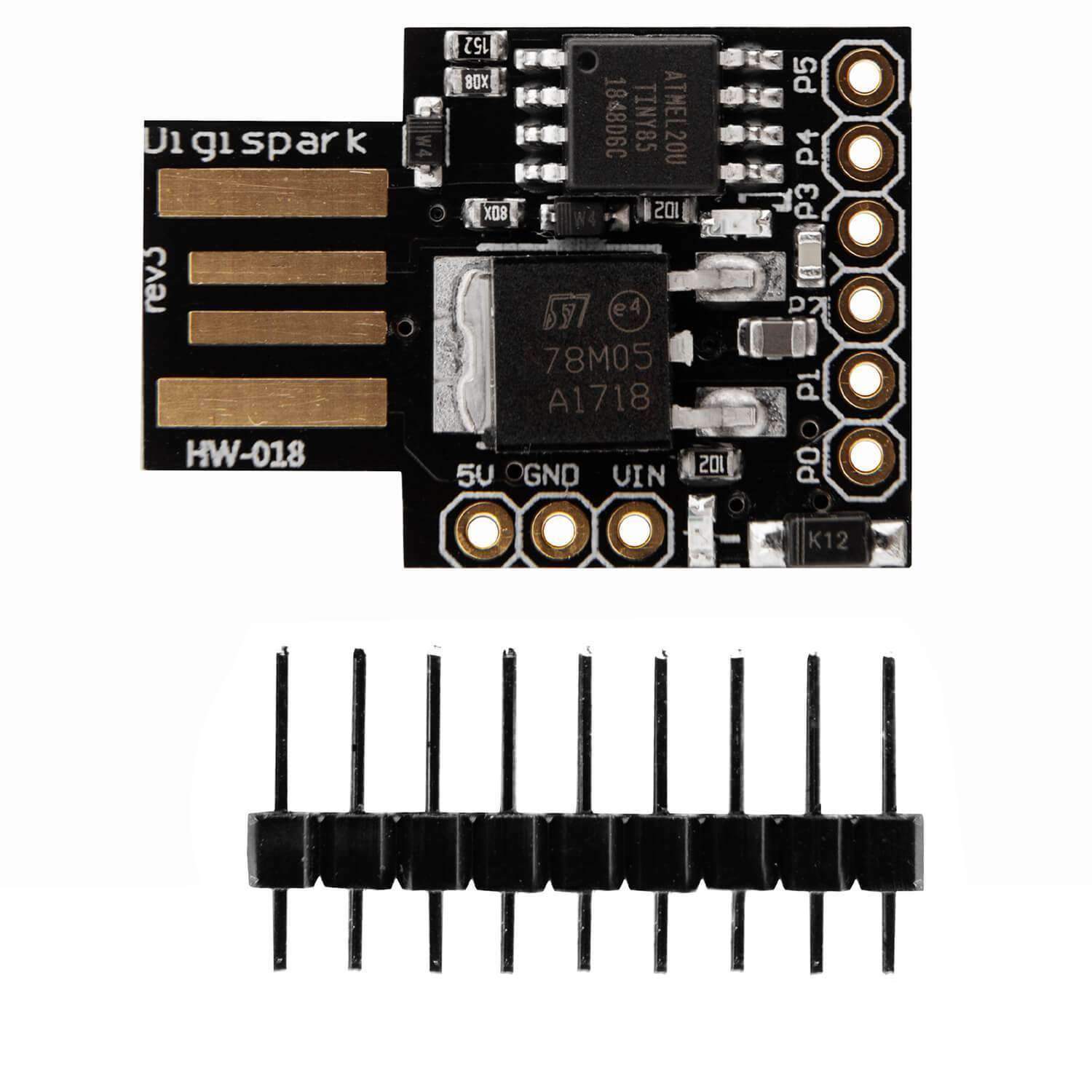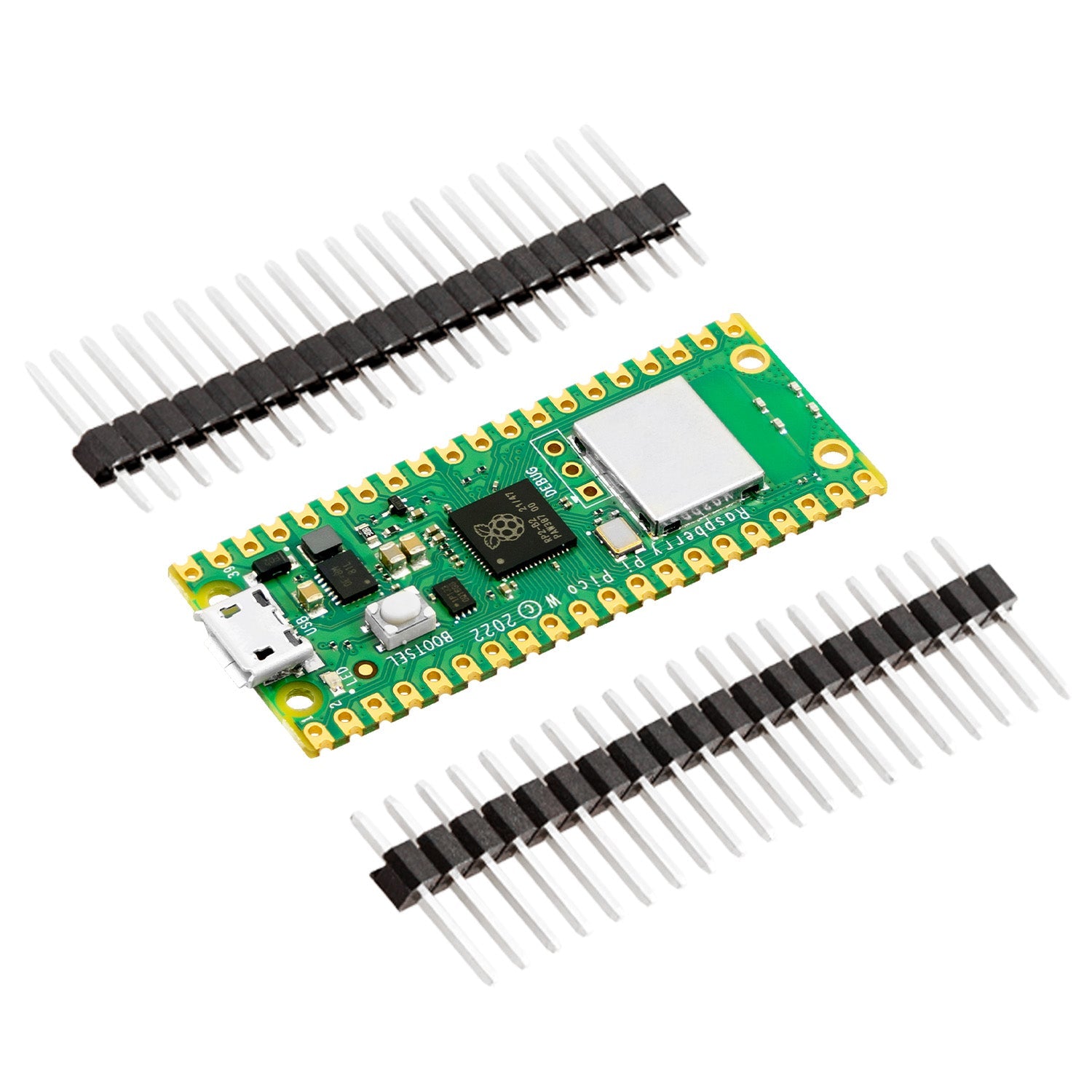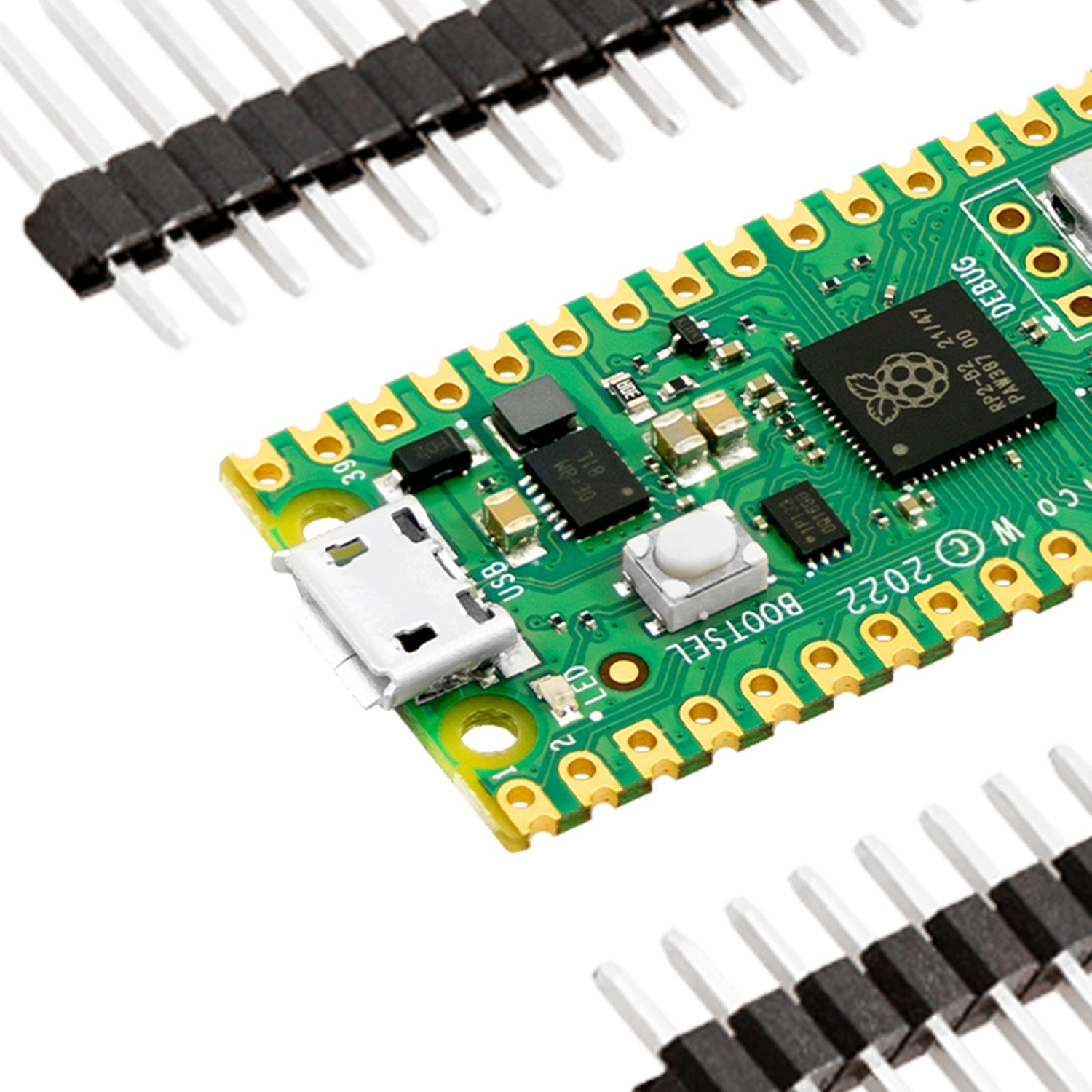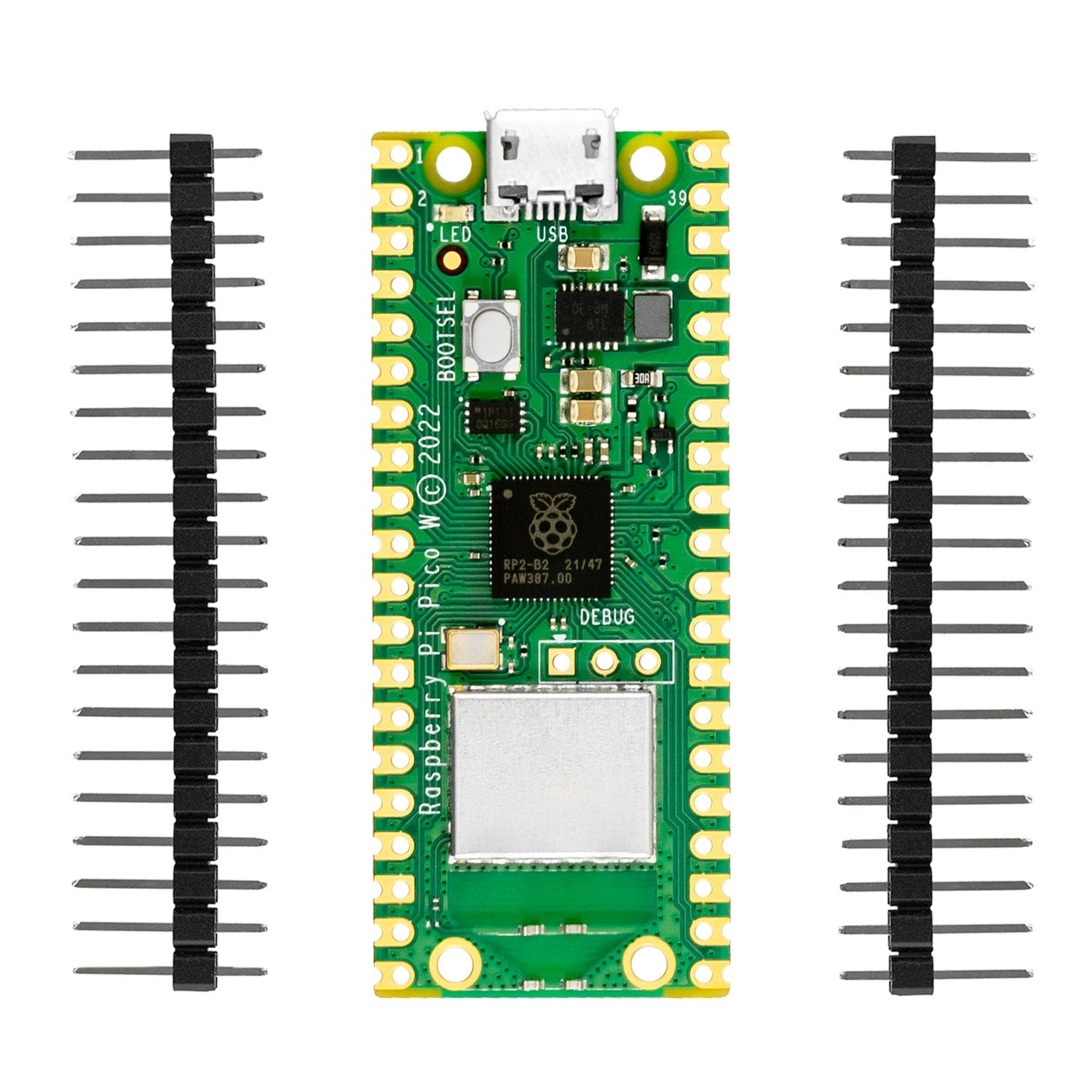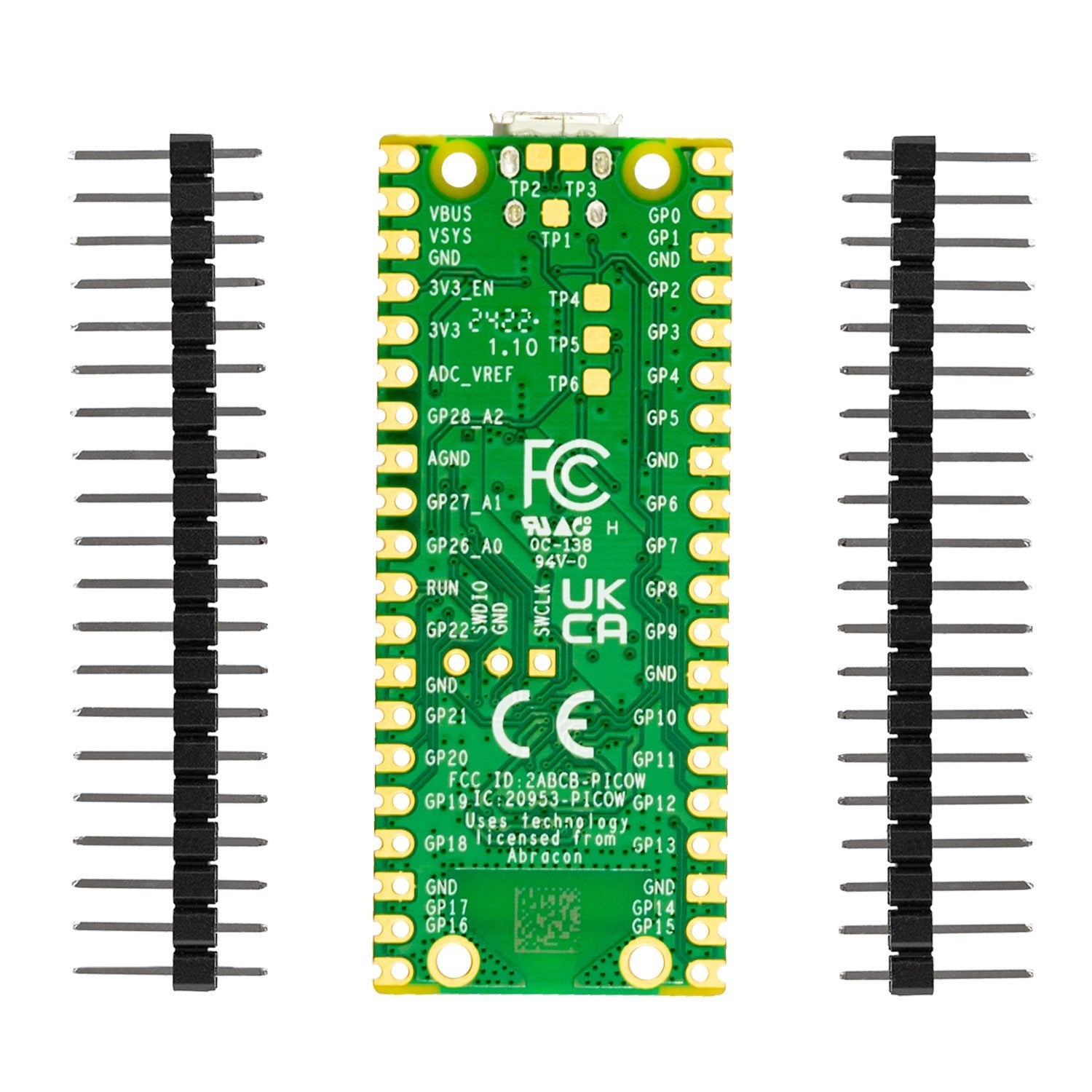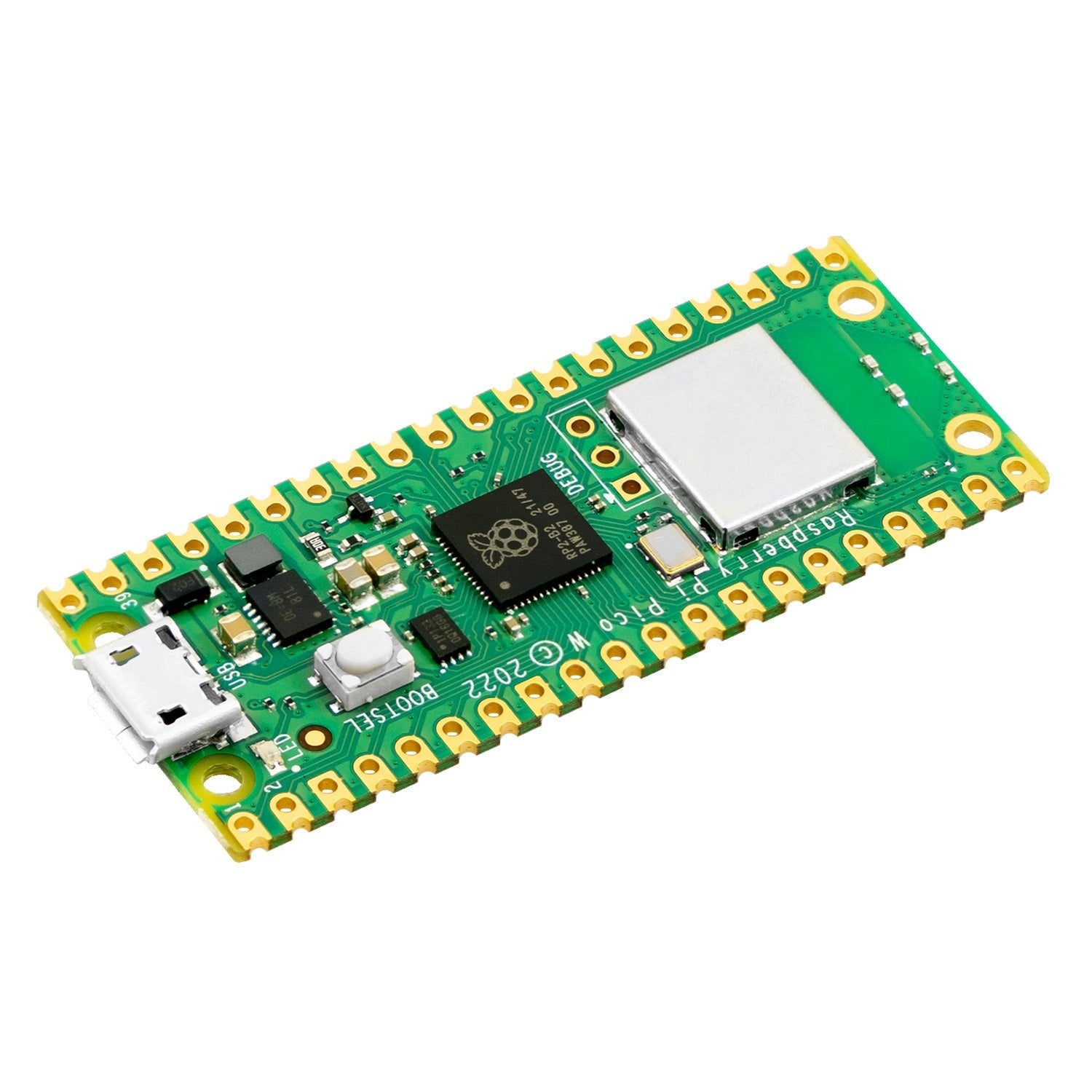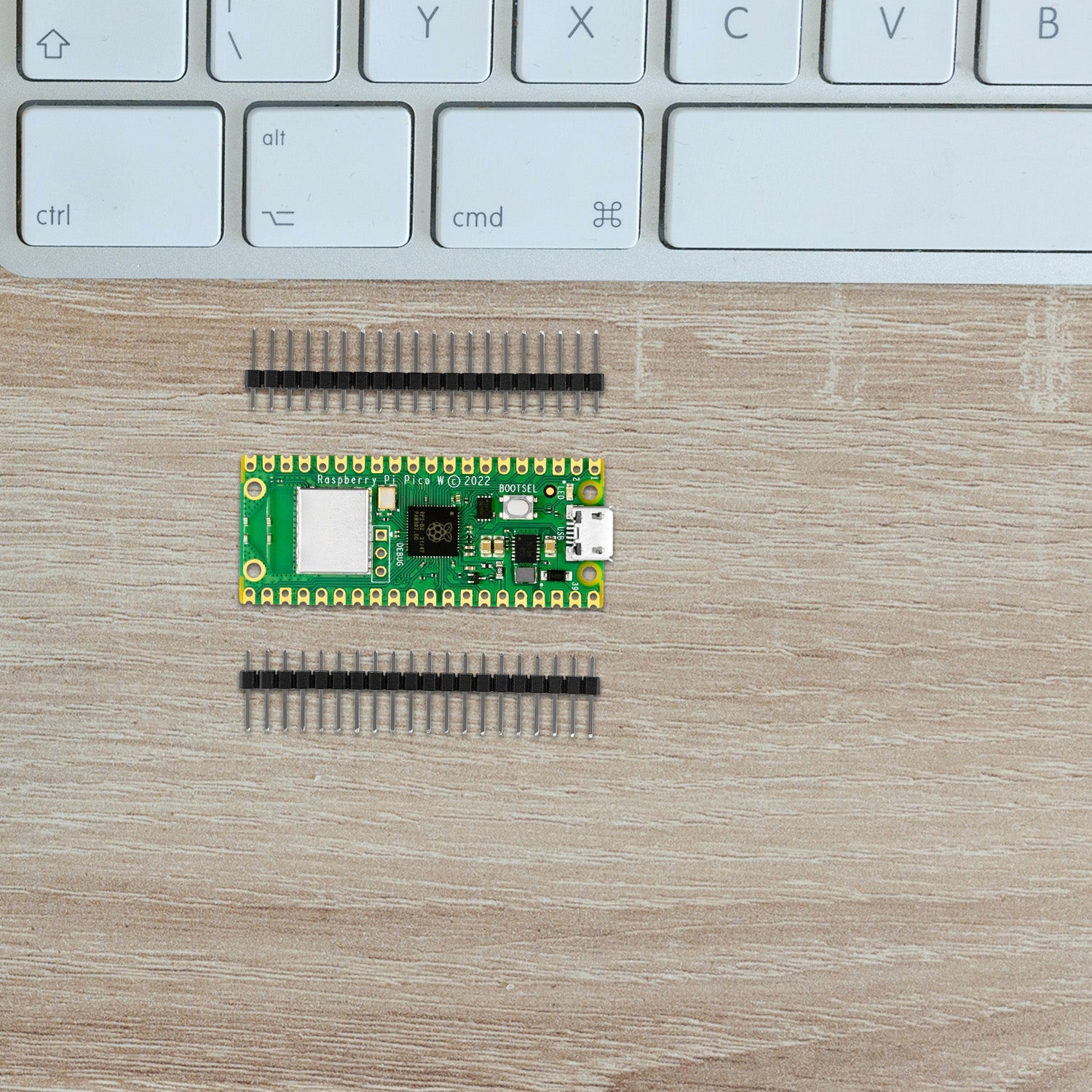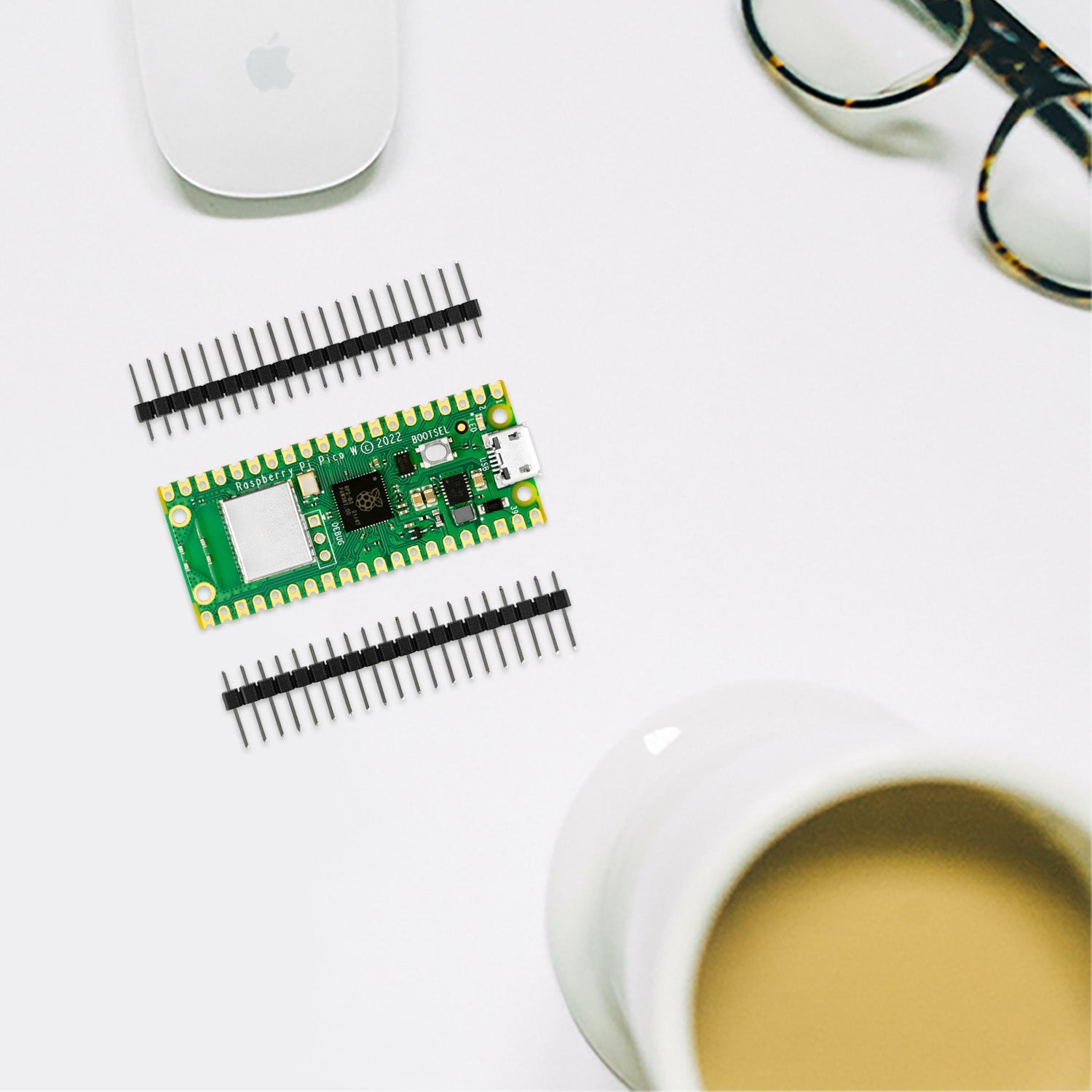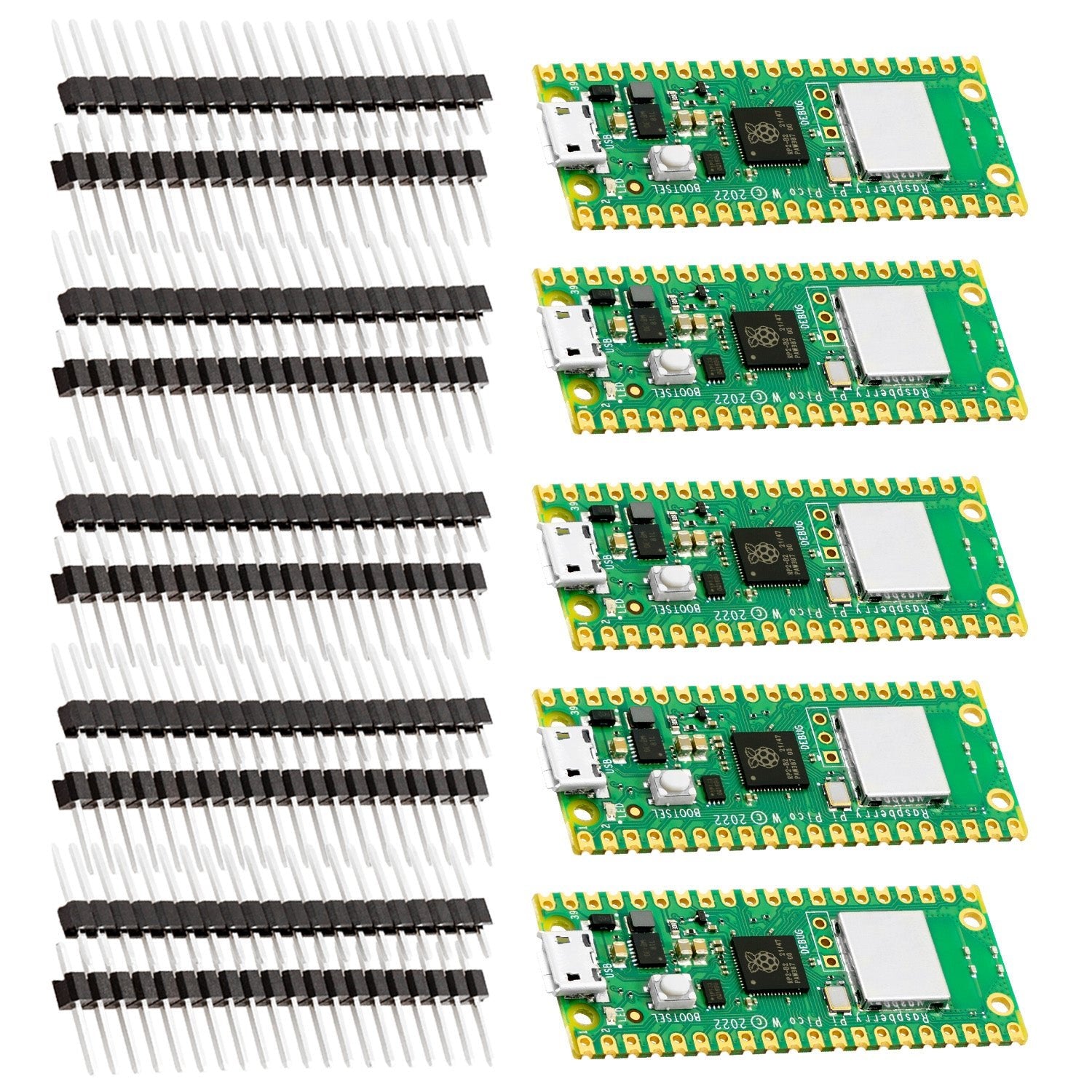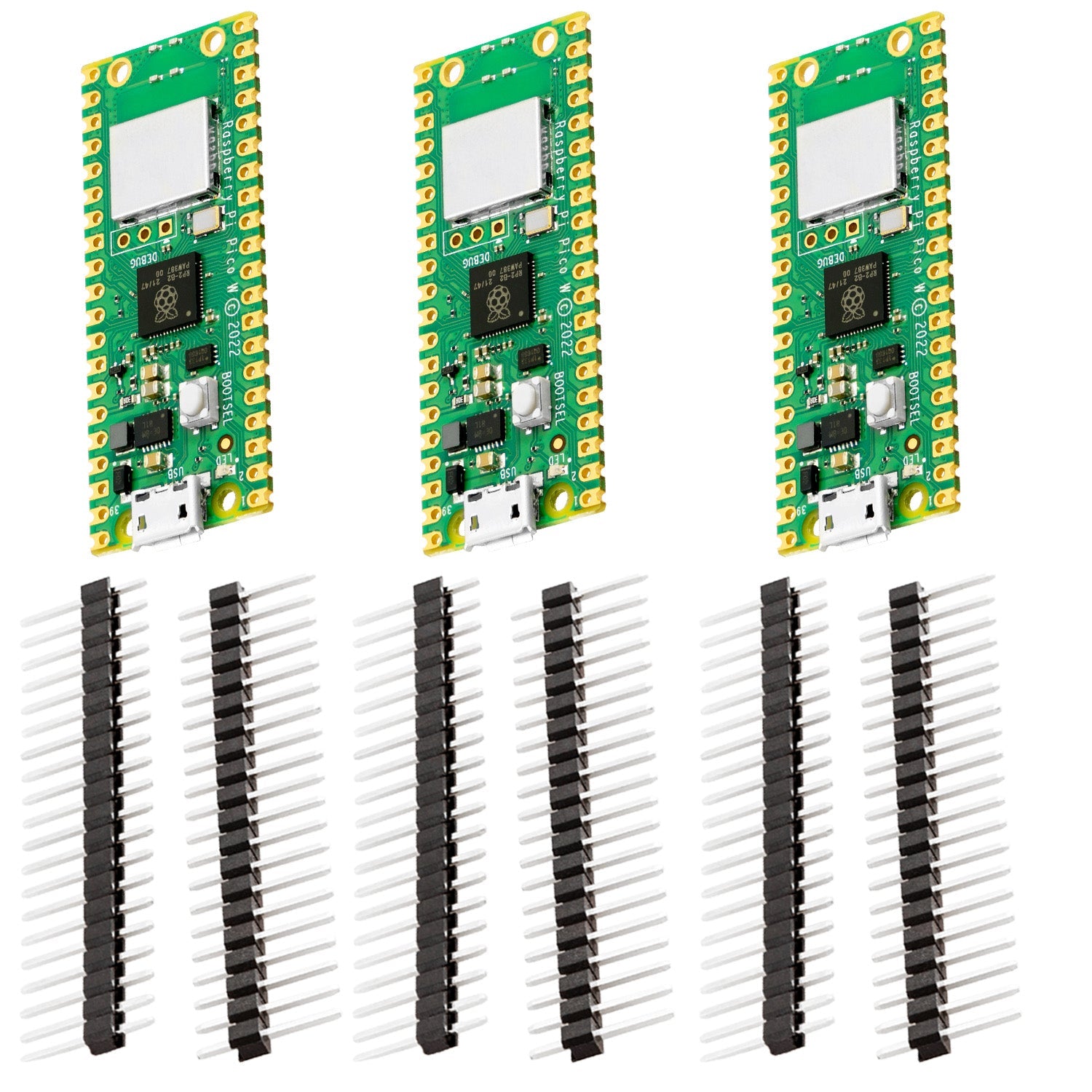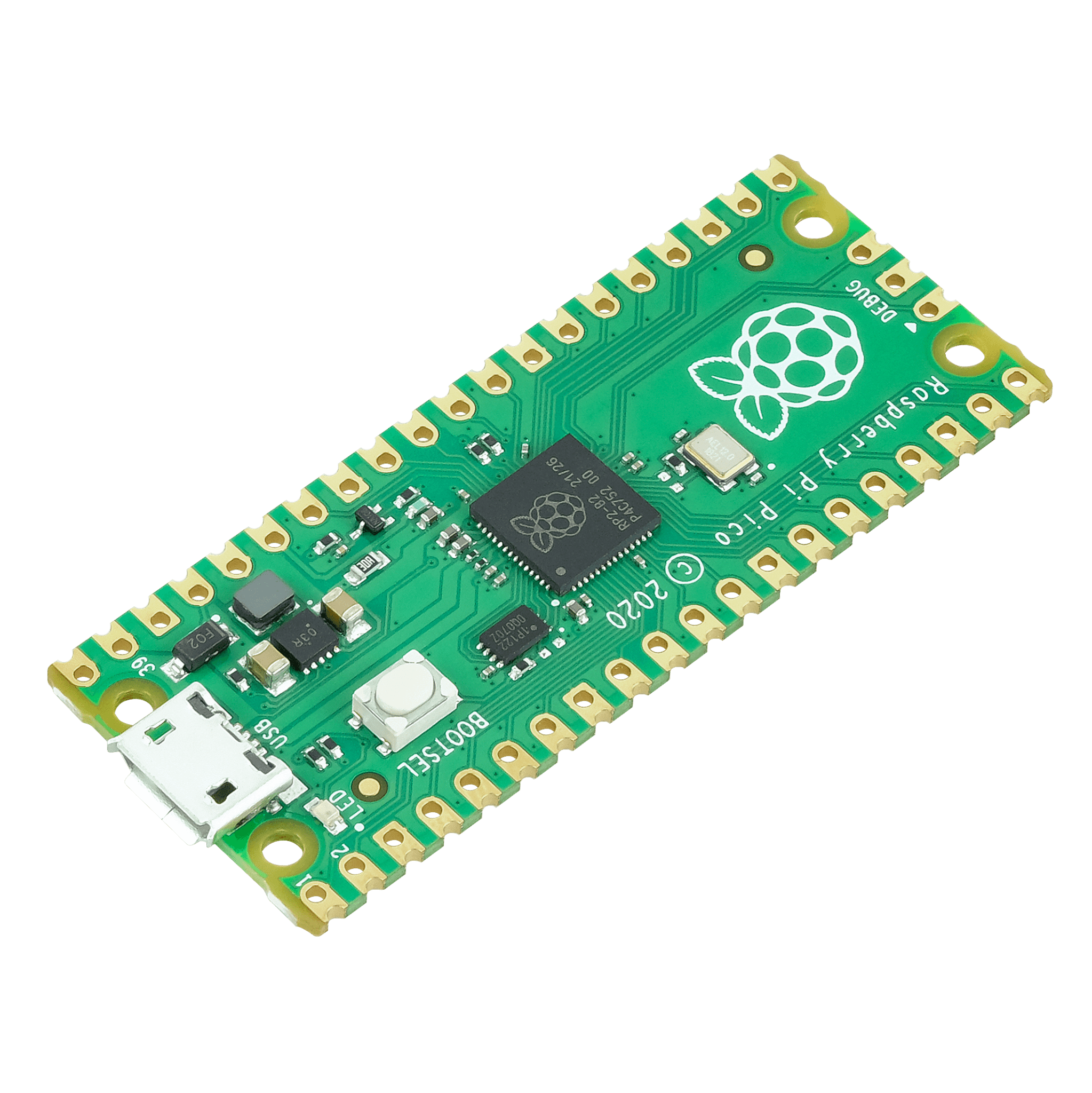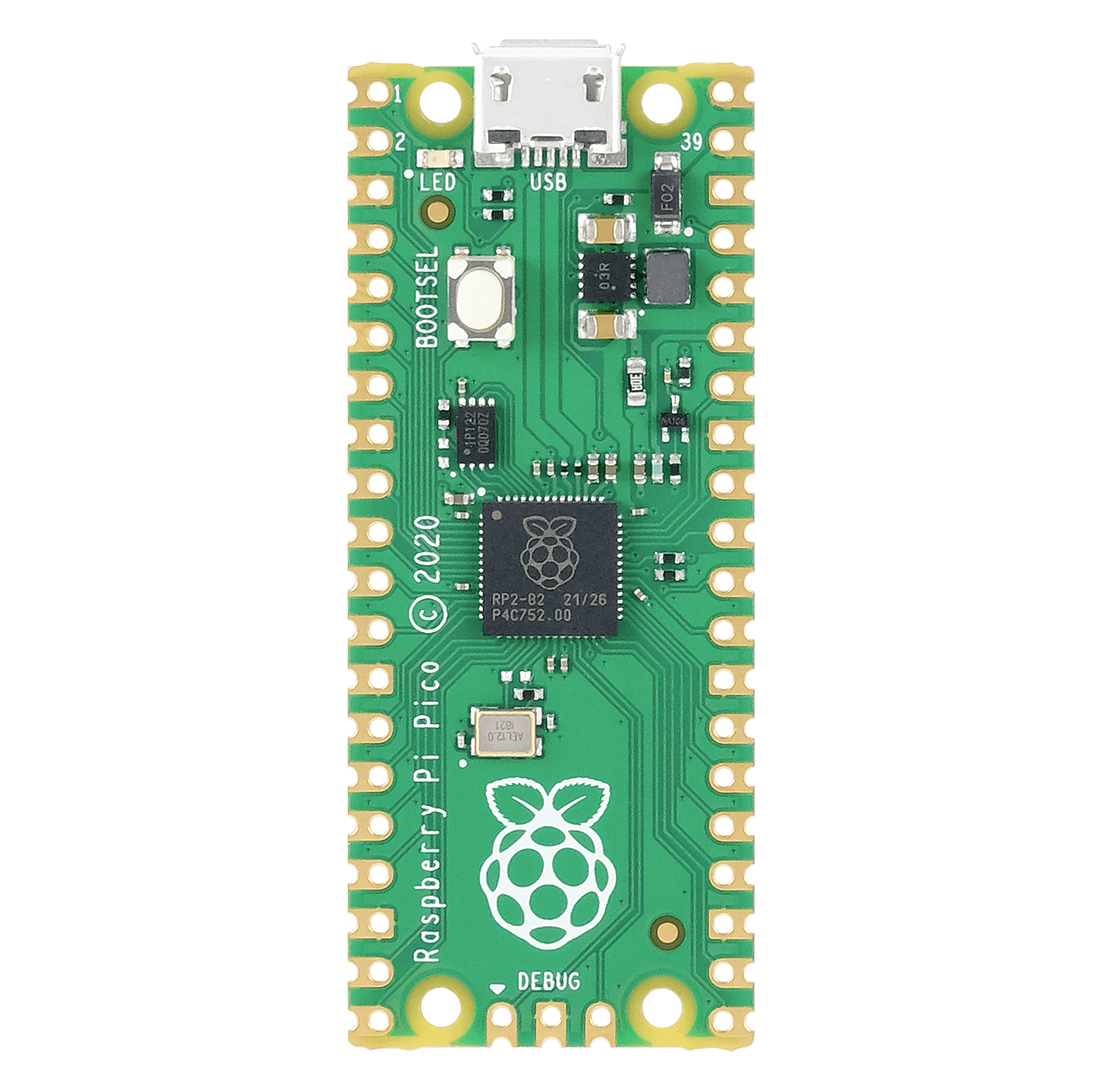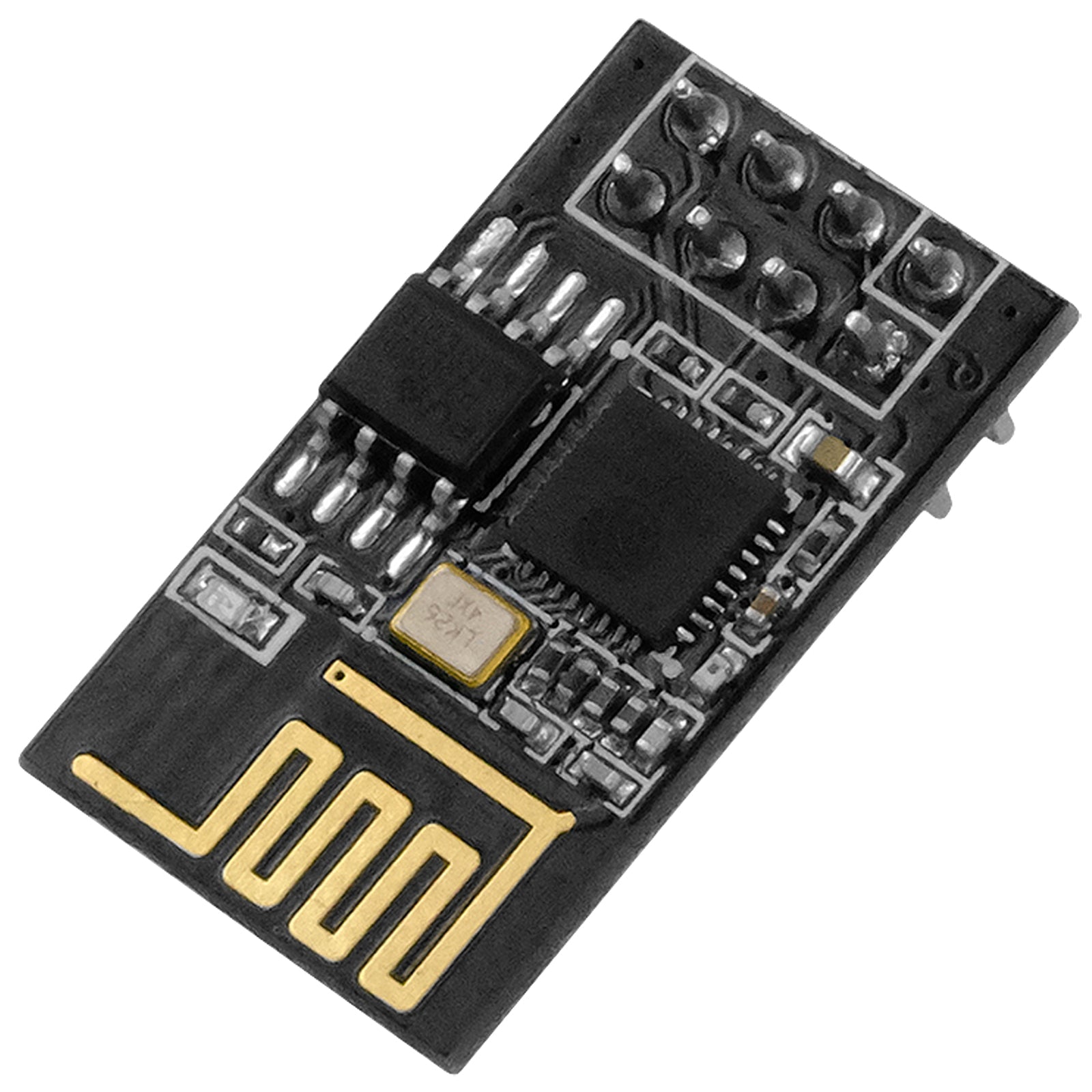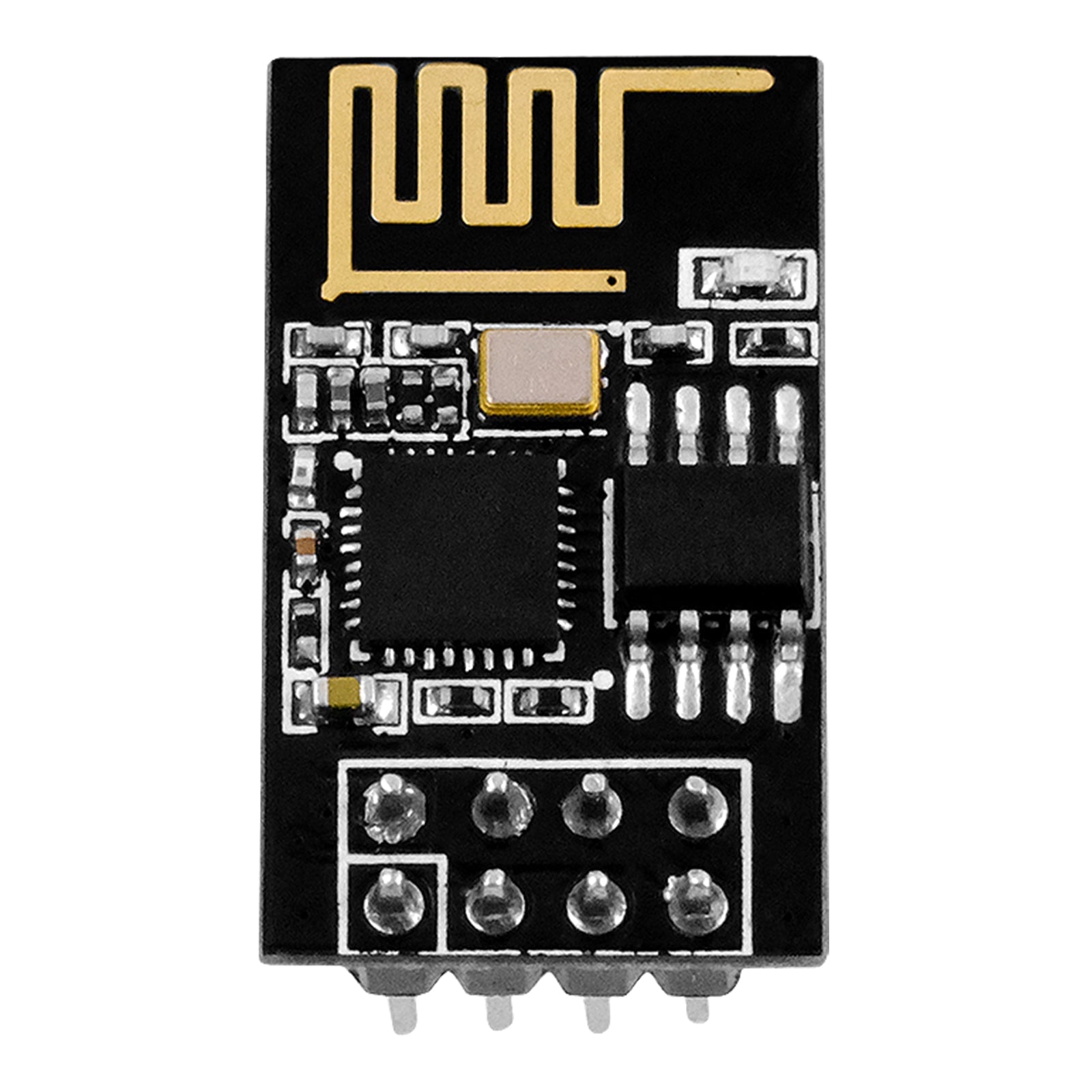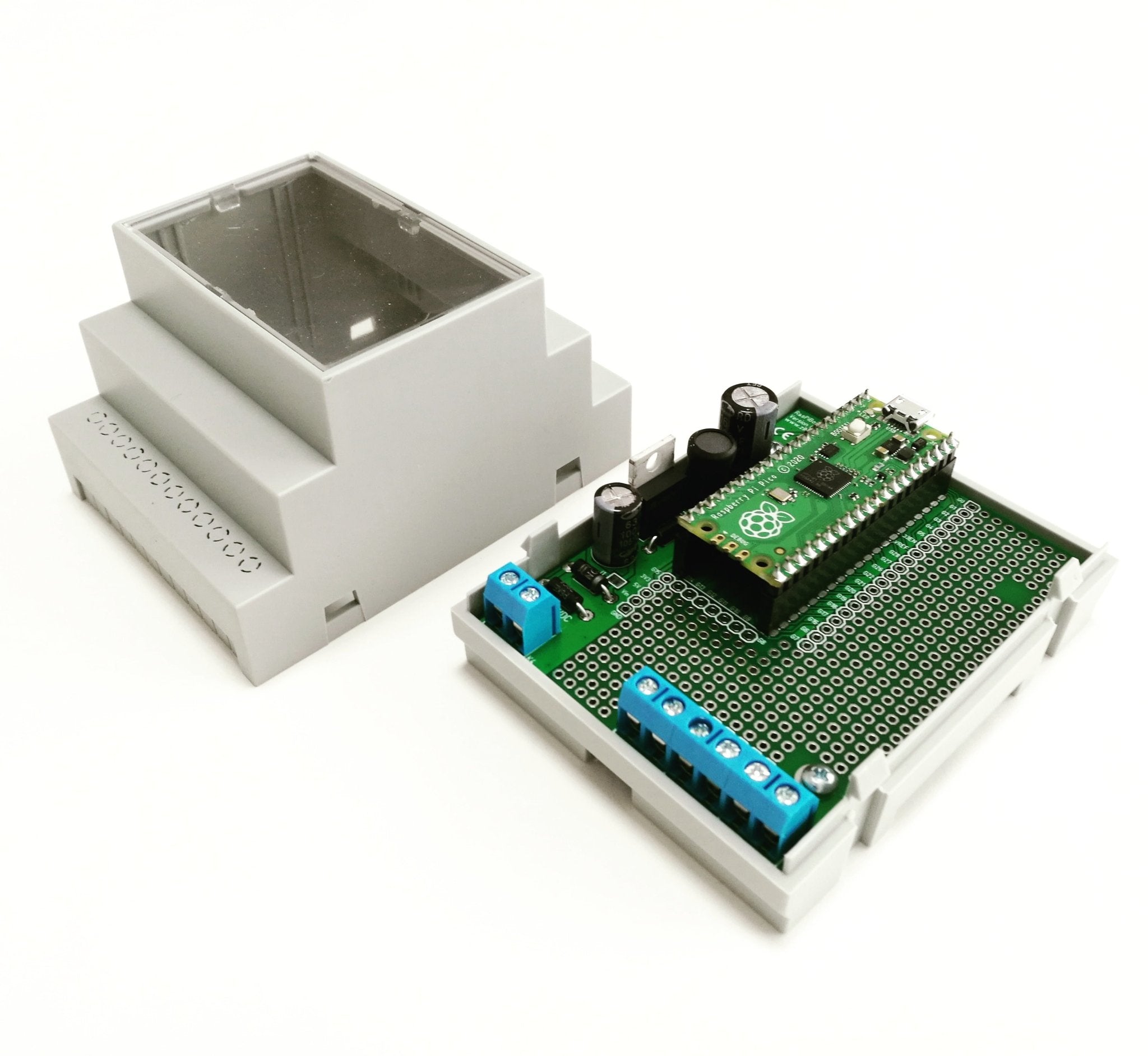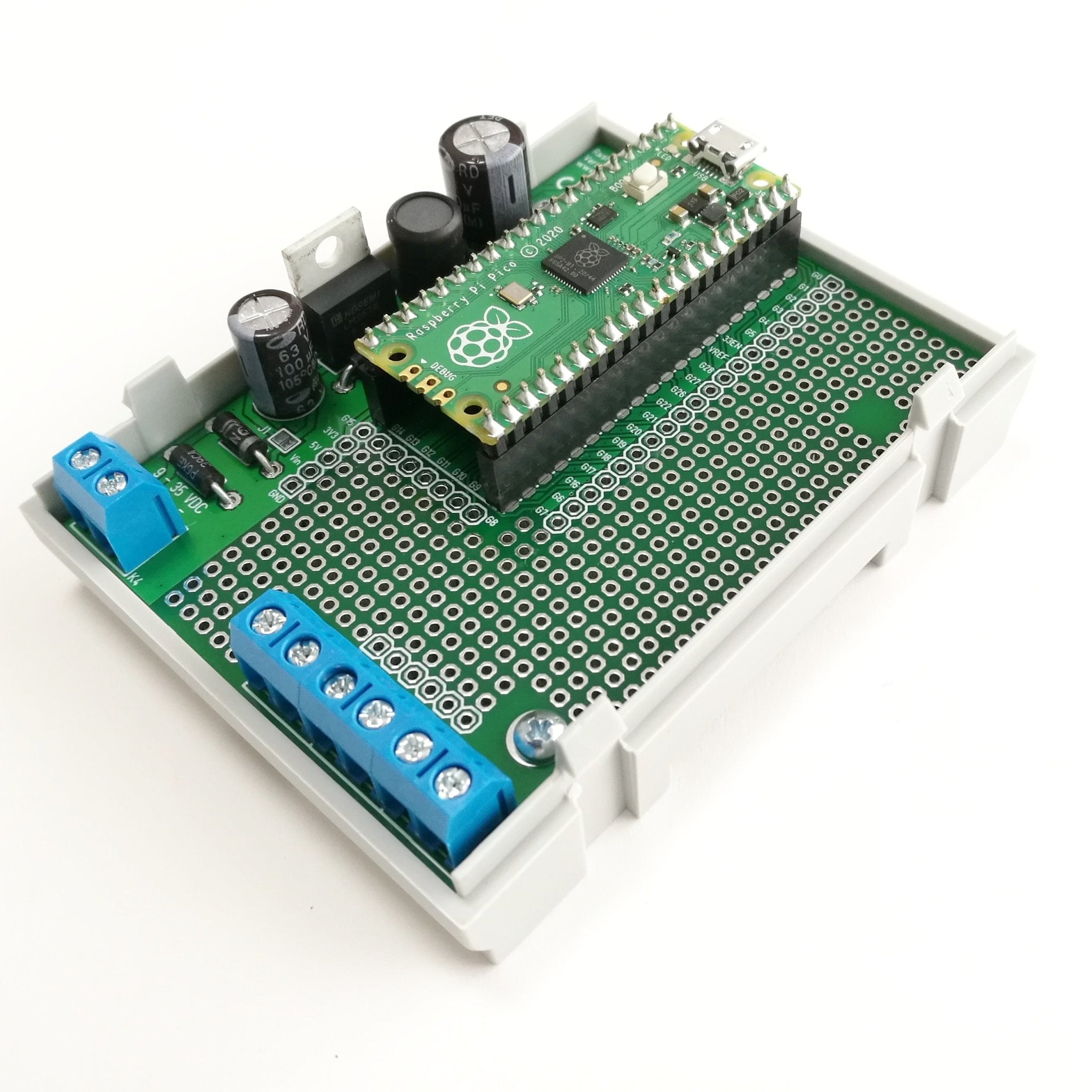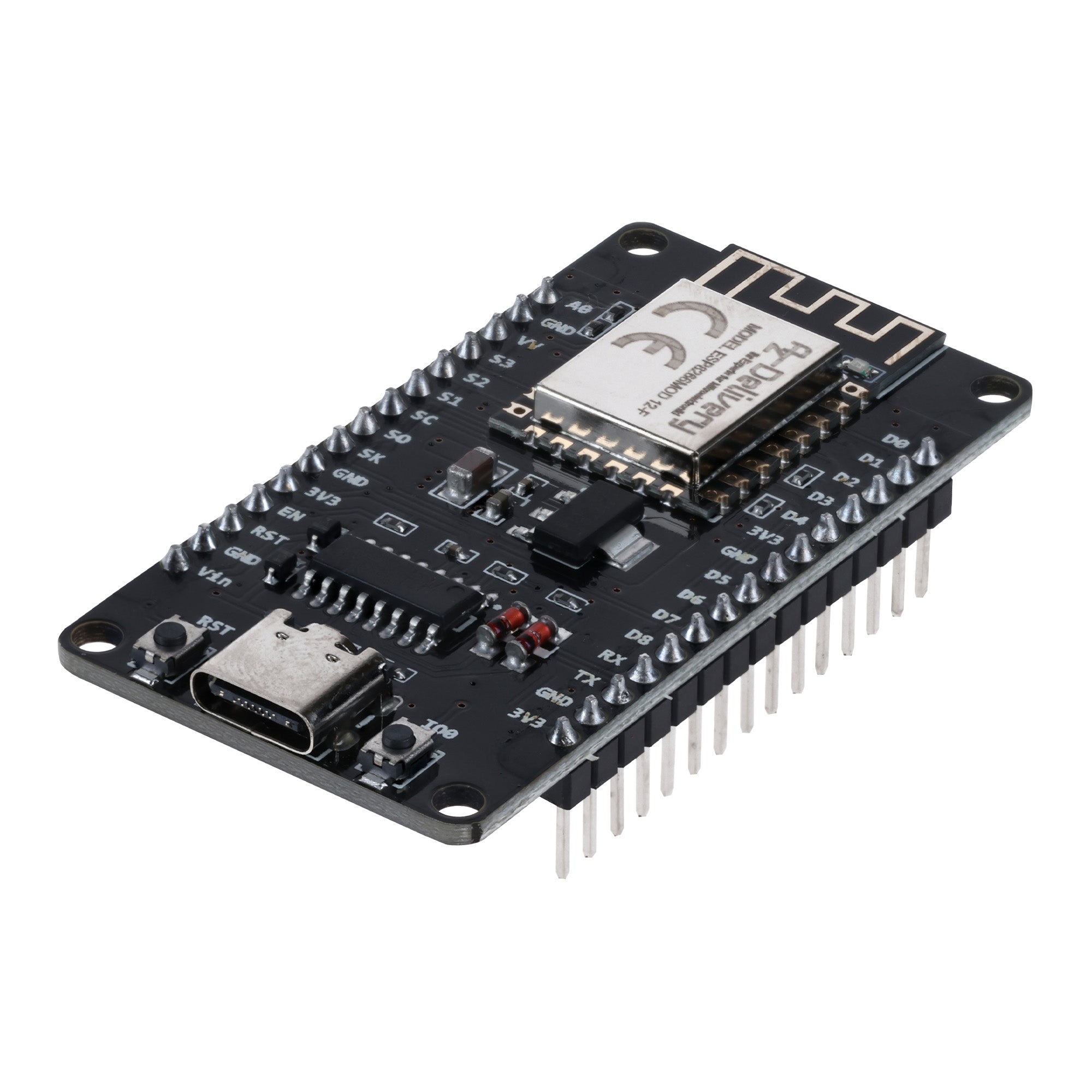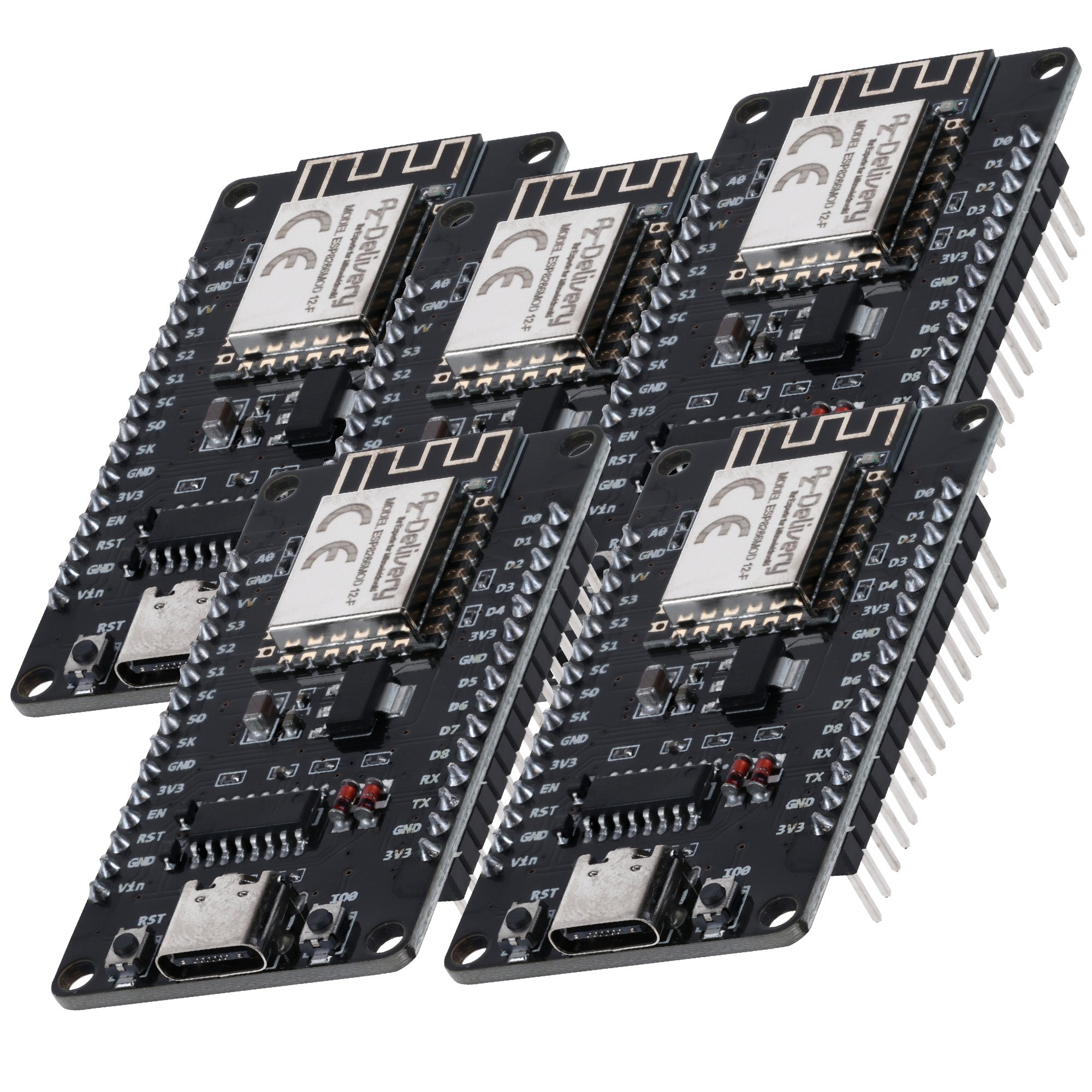Description
The Raspberry Pi Pico W is a microcontroller board based on the Raspberry Pi RP2040 microcontroller chip. The Pico W was designed as a low-cost and at the same time flexible platform for the RP2040. The W in the product name refers to the 2.4GHz radio interface, which makes the Pico a real alternative to ESP8266 and ESP32 modules.
This new variant of the Raspberry Pico retains the performance and flexibility of its predecessor, but adds WiFi, making integration into IoT applications much easier. WLAN support is enabled By an Infineon CYW43439 chip. The Pico has flexible digital interfaces and can be easily programmed via USB using C/C++ or MicroPython.
The particularly flexible I/O options account for the Pico's exceptional variability. Available are I2C, SPI and even programmable I/O (PIO). This allows extremely many application possibilities for such a small board.
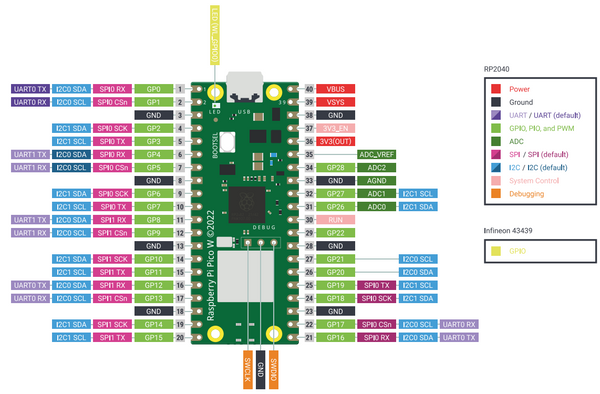
Specifications:
- RP2040 microcontroller chip
- Supports 2.4GHz 802.11b/g/n WLAN connections
- Dual-core Arm Cortex M0+ processor, flexible clock up to 133 MHz
- 264KB SRAM and 2MB integrated flash memory
- Micro USB port for power and data (and for reprogramming the flash)
- Simple but highly flexible power supply (various options for simply powering the device via micro-USB, external supply or batteries)
- Input voltage 1.8-5.5V DC
- The I/O voltage of the Raspberry Pi Pico W is fixed at 3.3V.
- 26 × GPIO multifunction pins (23x digital only, 3x ADC capable).
- 2 × SPI, 2 × I2C, 2 × UART, 3 × 12-bit ADC, 16 × controllable PWM channels
- Precise clock and timer on chip
- Infineon CYW43439 chip with WPA3 and SoftAP (up to 4 clients)
- Temperature sensor
- Accelerated floating-point libraries on chip
- 40-pin 21mmx51mm 'DIP' PCB with 1mm thickness
You might also like this
